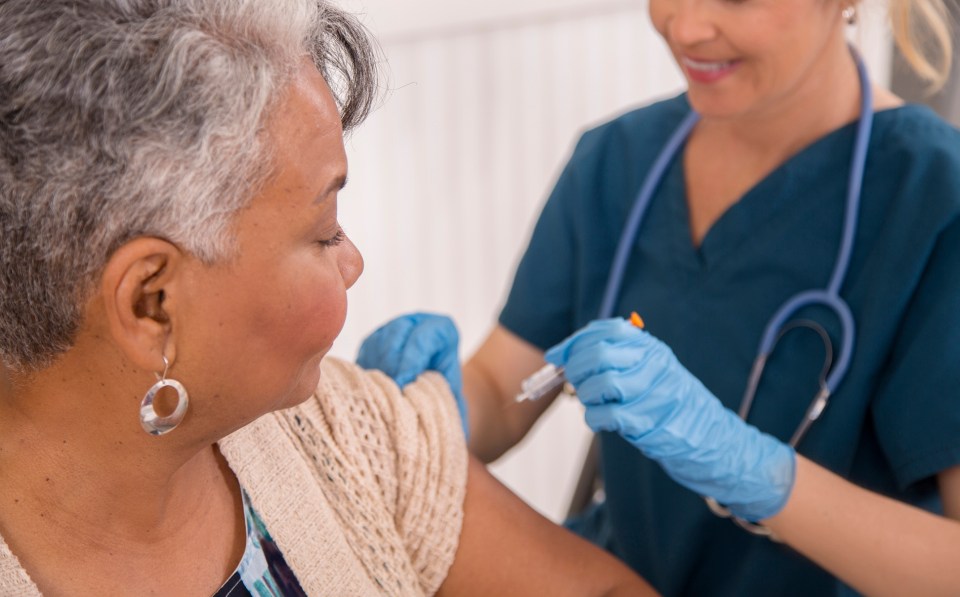Researchers have long recognized a correlation between eating red fruits and vegetables and improved health. Now they know the reason: the phytonutrient called anthocyanin. Though difficult to pronounce, anthocyanins are not hard to find.
Occuring naturally in a number of foods, anthocyanins are the pigments that give red, purple and blue plants their rich coloring. Basically, any fruit or vegetable that is red, purple, blue or even black will contain this compound. Some great sources include:
- Plums
- Beets
- Cherries
- Raspberries, strawberries and blueberries
- Black olives
- Pomegranates
- Red and purple grapes
- Black beans and kidney beans
- Red peppers
- Red cabbage
- Watermelon
Ready for a fun fact? The reason some health professionals tout the benefits of red wine and cocoa is primarily due to effects of the anthocyanin in those foods!
What are the benefits?
Well, scientists have discovered that there are many benefits to consuming anthocyanin, including a reduction in cardiovascular disease, lowered cholesterol, reduced obesity, improved cognitive function, protection against viral infections (like COVID-19) and even cancer prevention. If that is not enough motivation, they taste great, too.
The American Heart Association/American Stroke Association recommends eating anthocyanin-rich foods daily, but even three servings per week can be beneficial.
Here are a few easy ways to add anthocyanin to your diet:
- Top your yogurt with a handful of blueberries
- Sprinkle pomegranate seeds on your salad
- Have a black bean burrito for lunch
- Add chopped red cabbage or red onion to tacos
- Substitute eggplant for meat in lasagna and other dishes
- Add black olives to your pasta salad
- Enjoy a baked sweet potato or purple potato
- Choose purple cauliflower over white cauliflower
Simple swaps such as these can make all the difference in your health. Eat a red-hued snack today, and your heart will thank you!
The content of this site is for informational purposes only and should not be taken as professional medical advice. Always seek the advice of your physician or other qualified healthcare provider with any questions you may have regarding any medical conditions or treatments.



